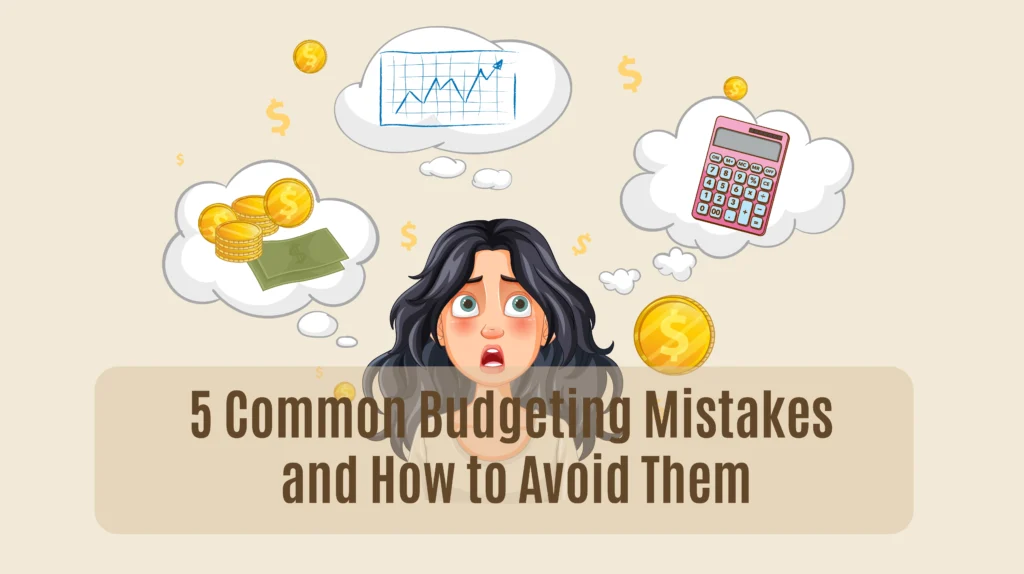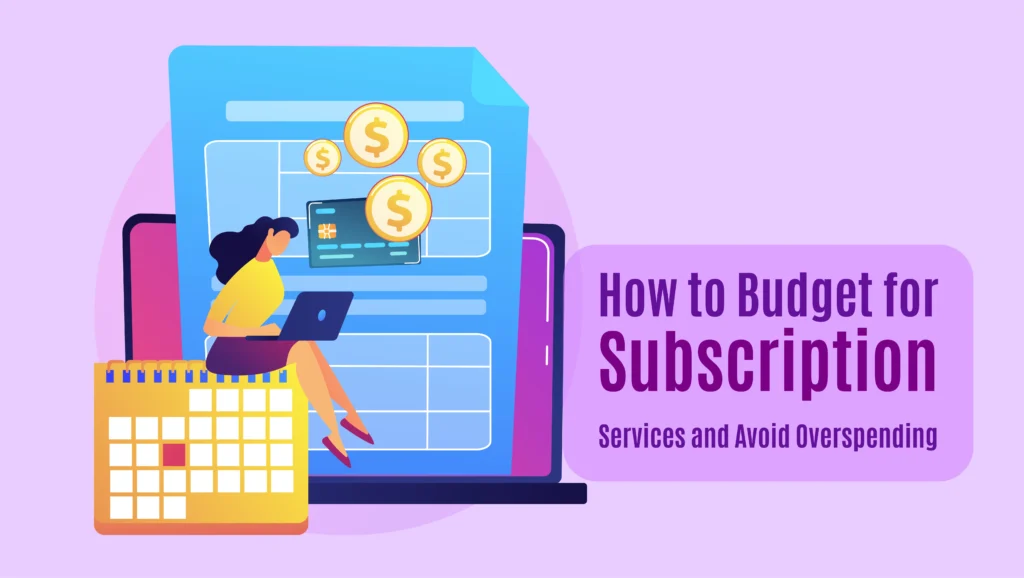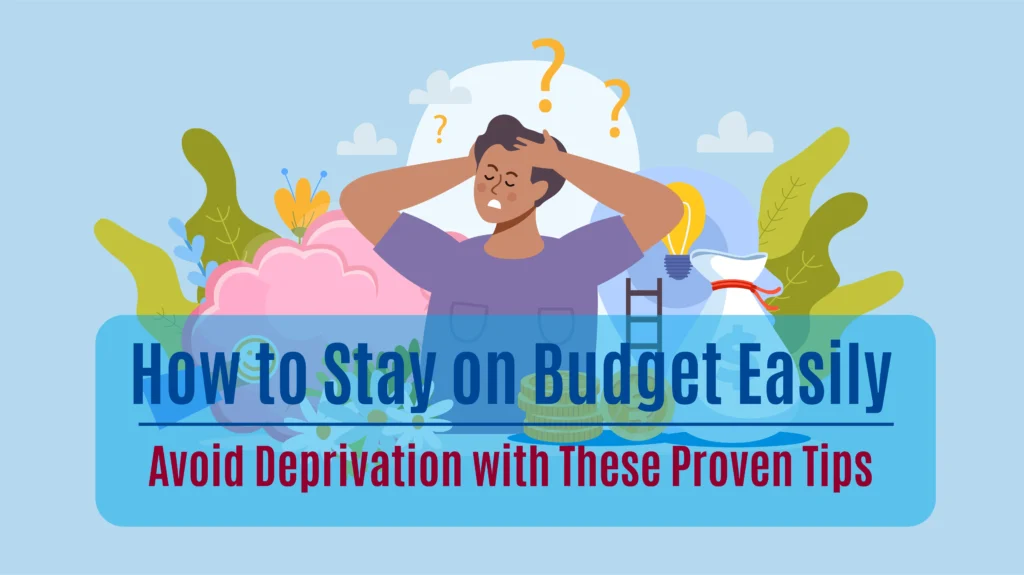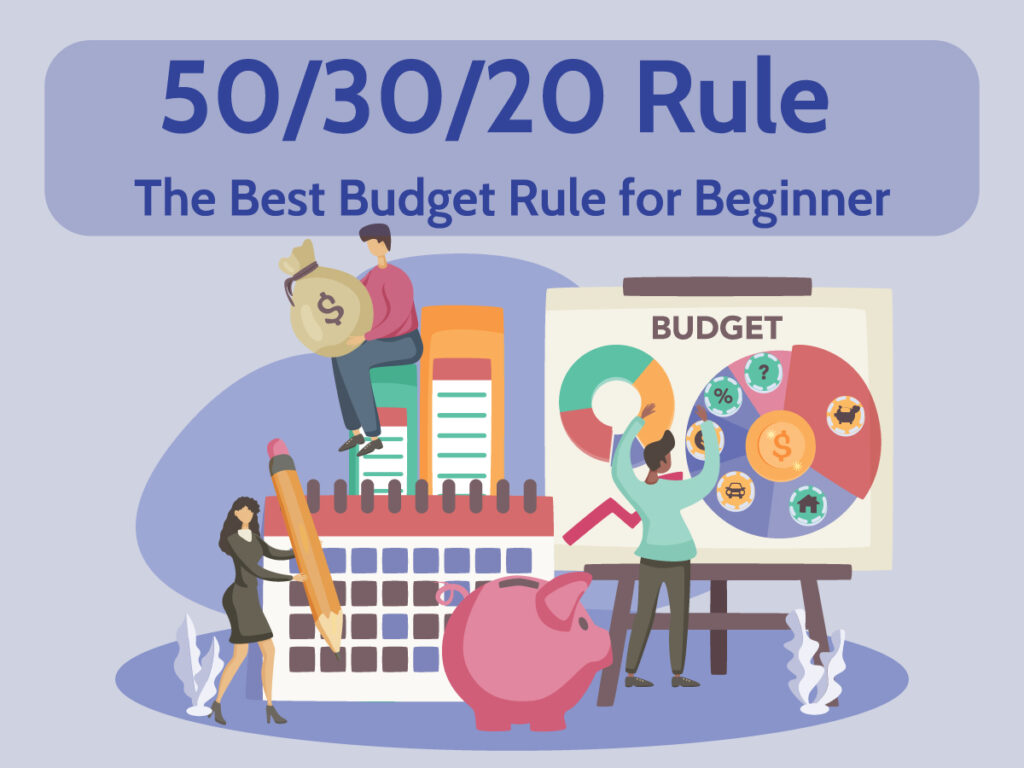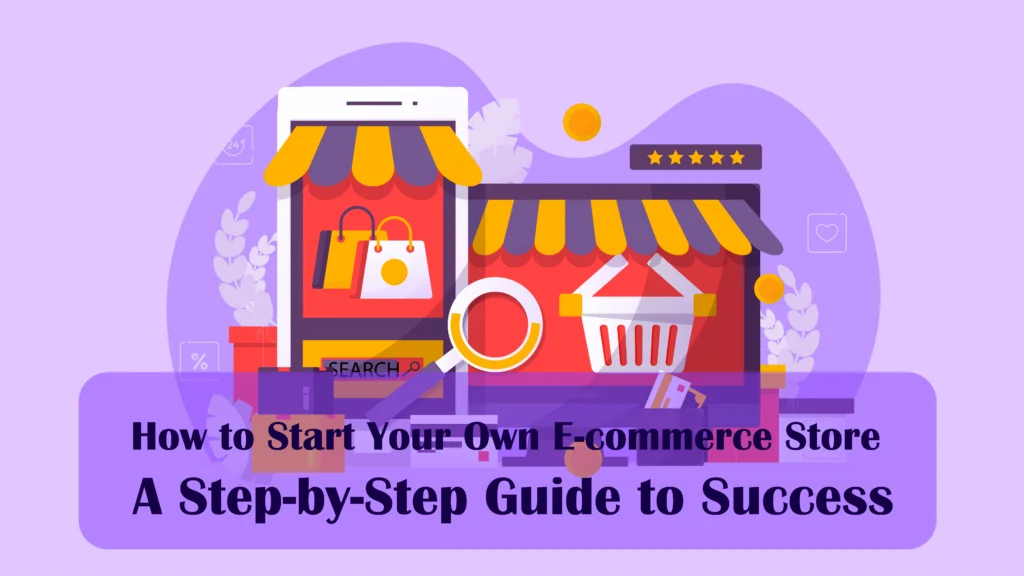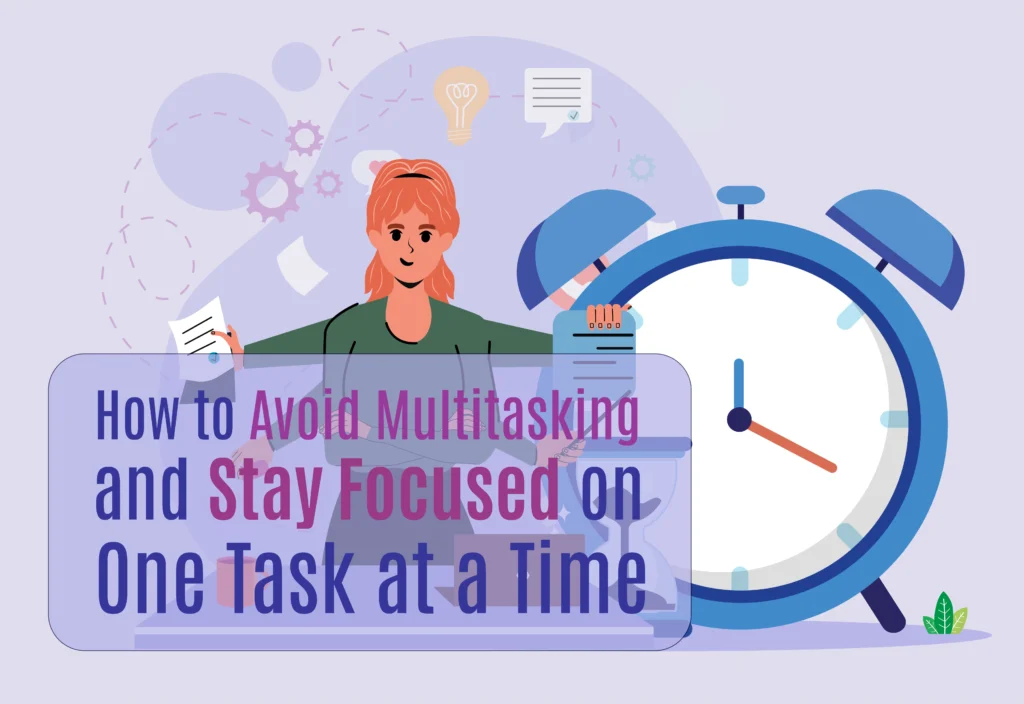10 Small Business Ideas You Can Start
Starting a small business is an exciting opportunity to turn your passions and skills into something profitable. Whether you’re looking to create a full-time business or a side hustle, there are countless options available today that don’t require a huge upfront investment. The rise of digital platforms, remote work, and technology has made it easier than ever to launch a small business, even with minimal resources.
This article will explore 10 small business ideas that you can start with limited capital, minimal overhead, and a lot of potential for growth. If you’ve ever wanted to work for yourself or supplement your income, now is the perfect time to take the plunge.

Why Starting a Small Business is More Accessible Than Ever
The barriers to entry for starting a small business have significantly decreased over the past decade. What once required significant capital, a physical office, and a large team can now be achieved with a laptop, an internet connection, and the right skills.
Low Startup Costs
One of the biggest reasons it’s easier to start a small business today is the lower cost of entry. You no longer need a brick-and-mortar storefront or a large amount of initial investment. Many successful businesses can be started from home with little more than a computer and a phone. Thanks to platforms like Shopify, Etsy, and social media marketing, businesses that once required significant capital can now launch with minimal financial outlay.
Technology Reducing Barriers to Entry
Technological advancements have democratized access to resources. From e-commerce platforms that help you sell products online to marketing tools that automate customer outreach, modern technology has leveled the playing field. Entrepreneurs can now access tools and software that previously required large corporate budgets, enabling even the smallest businesses to compete effectively.
Remote Work Opportunities
The surge in remote work has opened up new avenues for entrepreneurship. Today, many small businesses can be started from anywhere, with little to no need for physical offices. This flexibility not only reduces costs but also allows entrepreneurs to tap into a global market. Whether you’re offering digital services or selling products online, remote work allows you to operate without being tied to a specific location.
The Shift to Online and Home-Based Businesses
Online businesses are booming because of the low overhead and wide customer reach they offer. Whether you’re selling physical goods, offering online services, or providing freelance expertise, you can now serve a global audience while working from home. The shift to online-based businesses also means you can scale up more easily without the logistical challenges of managing a physical space.
10 Small Business Ideas You Can Start
Here are 10 small business ideas you can start today with minimal investment. Each idea comes with flexible work hours, the ability to scale, and the opportunity to work remotely if desired.
1. Freelance Writing or Content Creation
Freelance writing is one of the most flexible and accessible small business ideas you can start. With the rise of digital marketing, blogs, and content-driven websites, the demand for skilled writers has never been higher. Freelance writing encompasses many niches, from blogging and copywriting to creating website content, social media posts, and marketing materials.
Opportunities in Blogging, Copywriting, and Digital Marketing
Freelance writers can specialize in different industries, such as technology, healthcare, or finance. Many businesses need professional copywriters for their websites, blogs, newsletters, and social media. Additionally, if you have expertise in SEO writing (search engine optimization), you can command higher rates because of the value you bring in driving traffic to client websites. The best part? You can start this business from home with a computer and internet access.
Getting Started:
- Build a portfolio by creating sample work or offering your services for free to a few clients.
- Use freelance platforms like Upwork, Fiverr, or LinkedIn to find writing gigs.
- Set up a personal website or blog to showcase your writing and attract potential clients.
2. E-commerce Store
Starting an e-commerce store is another business idea with significant growth potential. Whether you’re selling physical products like clothing and jewelry or digital goods like e-books or courses, e-commerce platforms like Shopify, Etsy, and Amazon make it easy to reach customers worldwide.
Selling Physical or Digital Products Online
E-commerce allows you to start small, with a few products, and grow as you gain more customers. One of the key advantages is that you can run an online store part-time or full-time, depending on your schedule. If you don’t want to handle inventory, you can also explore dropshipping, where you sell products directly from suppliers to customers without managing stock yourself.
Getting Started:
- Choose a niche and source products from suppliers or manufacturers.
- Set up an online store using platforms like Shopify, Etsy, or Amazon.
- Use digital marketing strategies like social media, email marketing, and SEO to drive traffic to your store.
3. Social Media Management
Businesses of all sizes need a strong social media presence, but not every business owner has the time or expertise to manage it themselves. This has created a huge demand for social media managers who can help brands engage with their audience, grow their following, and generate leads through platforms like Instagram, Facebook, LinkedIn, and Twitter.
Helping Businesses Build and Manage Their Online Presence
As a social media manager, your role is to create content, schedule posts, engage with followers, and track performance metrics. If you have an eye for design and a knack for crafting compelling posts, this could be a perfect small business idea for you.
Getting Started:
- Develop your own social media presence to showcase your skills.
- Offer your services to local businesses or startups that need help growing their online presence.
- Use tools like Hootsuite, Canva, and Buffer to manage multiple social media accounts efficiently.
4. Virtual Assistant
With the rise of remote work and digital businesses, the need for virtual assistants has skyrocketed. A virtual assistant provides administrative support to businesses and entrepreneurs from a remote location. The tasks range from managing emails and scheduling appointments to handling social media and bookkeeping.
Providing Administrative Support to Businesses Remotely
If you’re organized, detail-oriented, and good at multitasking, becoming a virtual assistant can be a great way to build a flexible business. Virtual assistants are in demand across a variety of industries, from real estate and finance to coaching and e-commerce.
Getting Started:
- Decide on the services you want to offer, such as data entry, email management, or customer service.
- Create a professional profile on platforms like Upwork, Fiverr, or Freelancer.
- Use social media and professional networks to market your services to potential clients.
5. Online Tutoring or Teaching
If you have expertise in a particular subject or skill, consider starting an online tutoring or teaching business. The global shift to online education has created endless opportunities for tutors and instructors to teach everything from academic subjects and languages to music or fitness classes.
Teaching Academic Subjects, Skills, or Languages
You can offer one-on-one tutoring through video platforms like Zoom or set up pre-recorded classes on platforms like Udemy or Teachable. Depending on your area of expertise, you could teach students preparing for standardized tests, adults looking to learn new skills, or individuals interested in learning a new language.
Getting Started:
- Identify your area of expertise and determine whether you’ll teach one-on-one or through pre-recorded courses.
- Choose a teaching platform, such as Teachable, Udemy, or Zoom.
- Promote your tutoring business through social media, email marketing, and local community boards.
≫ Related Post: 5 Steps of Market Research Process
6. Dropshipping Business
Dropshipping is an e-commerce model that allows you to sell products without holding inventory. Instead, when a customer purchases a product from your online store, you place the order with a supplier, and they ship it directly to the customer. This model eliminates the need for upfront inventory investment and storage space.
Running a Product-Based Business Without Holding Inventory
With dropshipping, you can focus on marketing and customer acquisition while the supplier handles the logistics. It’s a great way to start an e-commerce business with low overhead, as you only pay for the product after you’ve made a sale.
Getting Started:
- Choose a niche and find suppliers through platforms like AliExpress, Oberlo, or Spocket.
- Set up an e-commerce store using platforms like Shopify or WooCommerce.
- Focus on marketing strategies like Facebook ads, influencer marketing, and content creation to drive traffic to your store.
7. Home Cleaning or Organizing Services
If you enjoy cleaning or organizing, offering home cleaning or organizing services can be a lucrative business idea. Busy professionals, families, and seniors often look for help with regular cleaning, decluttering, or organizing their spaces.
Targeting Local Markets with Personalized Home Services
You can start small by offering your services to friends, family, and neighbors, then expand as you build a reputation. Since this is a local business, your marketing efforts should focus on local advertising, word-of-mouth referrals, and online reviews.
Getting Started:
- Invest in basic cleaning supplies or organizing tools.
- Advertise your services on local platforms like Nextdoor and Craigslist, or distribute flyers in your community.
- Build a website or social media presence to attract local clients and showcase your work.
8. Pet Sitting or Dog Walking
If you love animals, starting a pet sitting or dog walking business could be the perfect small business idea for you. With more people traveling or working long hours, the demand for pet care services is growing.
Offering Pet Care Services to Pet Owners
As a pet sitter, you can take care of pets while their owners are away, or offer daily dog walking services. This business can be flexible, allowing you to set your hours and take on as many clients as you can handle. Platforms like Rover and Wag make it easy to find pet-sitting gigs, but you can also market your services locally.
Getting Started:
- Create a profile on pet-sitting platforms like Rover or Wag.
- Advertise your services locally with flyers or social media targeting pet owners.
- Offer special discounts or referral bonuses to grow your client base.
9. Graphic Design Services
If you have a background in graphic design or a creative eye, starting a graphic design business can be a profitable venture. Businesses are always looking for designers to create logos, marketing materials, web designs, and social media graphics.
Creating Logos, Branding Materials, or Digital Content
As a graphic designer, you can offer a variety of services, from branding packages to website design. The beauty of this business is that you can work with clients from anywhere, making it an ideal home-based or remote opportunity. You’ll need some basic design tools like Adobe Creative Suite or Canva, and a strong portfolio to showcase your work.
Getting Started:
- Build a portfolio by creating sample work or offering free services to local businesses.
- Set up a profile on freelance platforms like Upwork, Behance, or 99Designs.
- Network with local businesses or entrepreneurs who may need design services.
10. Event Planning Services
If you’re organized, detail-oriented, and enjoy working with people, starting an event planning business could be a perfect fit. Event planners coordinate weddings, corporate events, birthday parties, and other special occasions, ensuring everything runs smoothly.
Organizing Weddings, Corporate Events, and Social Gatherings
As an event planner, you’ll handle everything from securing venues to managing vendors and ensuring that events go off without a hitch. You can specialize in specific types of events, such as weddings or corporate meetings, or offer general event planning services.
Getting Started:
- Gain experience by helping plan events for friends or family to build a portfolio.
- Create a website to showcase your event planning services and testimonials from clients.
- Use social media and networking events to connect with potential clients and vendors.
How to Choose the Right Small Business Idea for You
Choosing the right business idea is a critical first step. While all the ideas listed above have potential, not every idea will be a perfect fit for everyone. Here’s how to find the business idea that’s right for you.
Assessing Your Skills and Interests
Start by evaluating your skills, interests, and experience. If you have a background in marketing, for example, social media management or freelance writing may be a natural fit. If you enjoy working with your hands, home services like cleaning or organizing may be more appealing. Choosing a business idea that aligns with your strengths will increase your chances of success.
Matching Business Ideas to Your Strengths
Think about what you’re passionate about and how that can translate into a business. When you enjoy what you do, you’re more likely to stick with it through the challenges of running a business. Passion, combined with skills, will drive you forward and help you thrive.
Understanding Market Demand
Research your chosen business idea to ensure there’s demand for it in your market. For instance, while pet-sitting services might be in high demand in urban areas, they may not be as needed in smaller, rural communities. Conduct a competitive analysis and research the target audience to ensure that your idea is viable in your area.
Researching the Competition and Customer Needs
Look at the competition in your chosen field. Are there many other businesses offering the same service? If so, how can you differentiate yourself? Understanding your competition and what your potential customers need will help you find ways to stand out and succeed.
≫ Related Post: How to Write a Winning Business Plan for Beginners
Tips for Getting Started
Starting a small business can feel overwhelming, but with the right approach, you can set yourself up for success. Here are a few tips to help you get started.
Starting with a Minimal Budget
You don’t need a huge investment to start a small business. Many of the ideas listed above require little to no upfront capital, and you can often use free or low-cost tools to get started. Focus on starting small, growing organically, and reinvesting profits into your business as you scale.
How to Launch Your Business with Limited Resources
For businesses like freelance writing, tutoring, or virtual assistance, you can start with just a computer and an internet connection. Other ideas, such as e-commerce or event planning, may require more resources, but you can keep costs low by leveraging digital platforms, social media, and free marketing tools.
Building an Online Presence
In today’s digital world, building an online presence is essential for most small businesses. Whether you’re running an e-commerce store or offering local services, having a website and social media profiles can help you reach more customers.
Creating a Website and Utilizing Social Media
Your website doesn’t need to be fancy, but it should clearly explain your services, showcase your work, and provide contact information. Use social media to engage with potential customers and share updates about your business. Platforms like Instagram, Facebook, and LinkedIn can be powerful tools for connecting with clients and building brand awareness.
Networking and Finding Clients
Networking is key to growing your small business. Use both online and in-person networking opportunities to meet potential clients, partners, and mentors. Join local business groups, attend industry events, and participate in online communities to connect with others in your field.
Using Your Network and Online Platforms to Grow
Leverage your existing network of friends, family, and colleagues to spread the word about your new business. Offer referral discounts or bonuses to incentivize others to recommend your services. Additionally, use online platforms like LinkedIn, Facebook Groups, and industry forums to connect with potential clients.
Conclusion
Starting a small business can be a rewarding and fulfilling venture, especially if you choose an idea that aligns with your passions, skills, and market demand. Whether you’re looking to offer freelance services, sell products online, or start a local business, the opportunities are endless.
The key is to start small, do your research, and be patient. Building a successful business takes time, but with the right mindset and a solid plan, you can create a thriving small business that fits your lifestyle.


